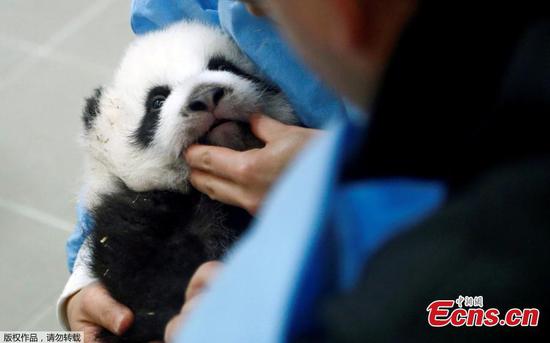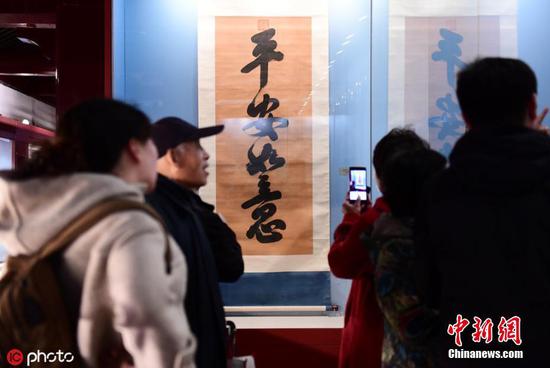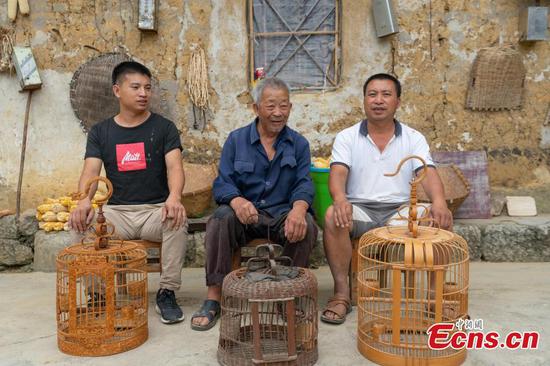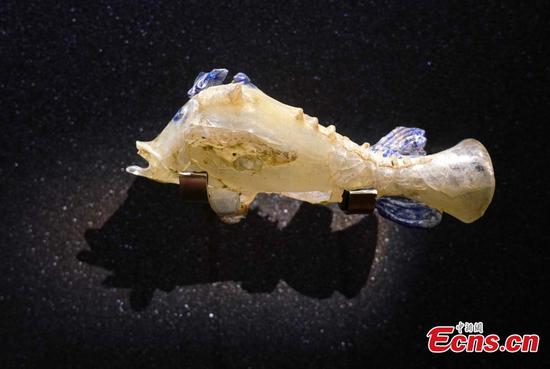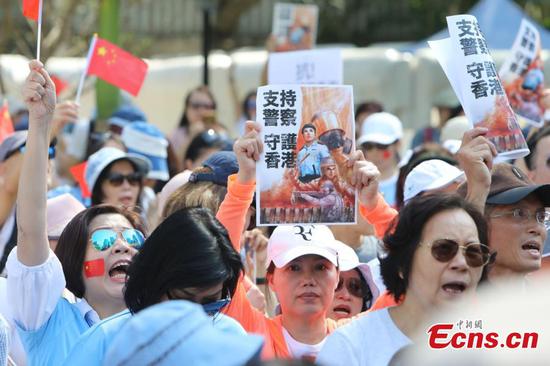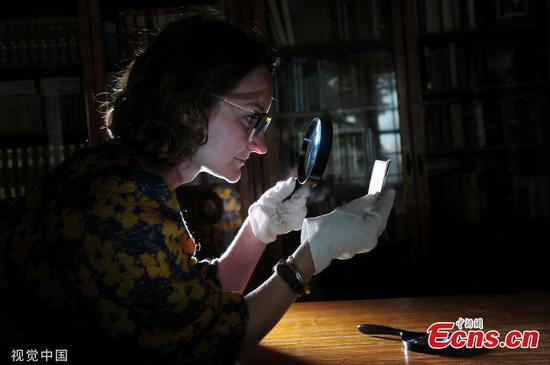Nations seek ways to combat antibiotic resistance including the use of TCM
The United Kingdom is backing research into novel ways to combat antibiotic resistance, including treatments derived from traditional Chinese medicine and the design of new drugs for farm animals.
The UK's Department of Health and Social Care has invested 800,000 pounds($1.03 million) into British pharmaceutical company Oxford Drug Design, which is currently collaborating with partners in China on research into antimicrobial resistance, or AMR.
Oxford Drug Design received an additional 1.4 million pounds from other investors in a recent funding round, bringing total funding raised this year to 9 million pounds.
The company is working with the University of Portsmouth in the UK and two Chinese partners - Huazhong Agricultural University and Wuhan HVSEN Biotechnology - on an AMR project with two main aims. One of the aims is to design a new drug that will specifically target bacterial pathogens that cause infections in pigs.
Currently, antibiotics administered to pigs and other farm animals are the same as antibiotics used to treat people. The overuse of antibiotics in the farming industry is a major contributor to the drug resistance that impacts humans.
"We would develop a narrow spectrum agent that will be focused on pig pathogens, but not human pathogens," Paul Finn, chief executive of Oxford Drug Design, told China Daily. "So, if any resistance did emerge then there would be no potential to transfer and impact adversely on any antibiotics that were used for humans."
Globally, around 700,000 deaths a year stem from antibiotic resistance, according to a report commissioned by the UK government. If left unchecked, drug resistance could lead to 10 million deaths a year worldwide by 2050, which is more than the number of people who now die from cancer annually.
Finn said the pig antibiotic will work by targeting bacterial proteins that act as sensors. These sensors detect environmental changes, such as temperature or the availability of nutrients, allowing the bacteria to adapt to its surroundings. By disturbing these sensors, the antibiotic can kill bacteria, or make them less virulent.
Oxford Drug Design will also work with Huazhong Agricultural University and Wuhan HVSEN Biotechnology on potential applications of traditional Chinese medicine, or TCM, in the treatment of pigs. Finn said the team will ascertain if certain types of TCM could be used in place of antibiotics for growth promotion in swine.
For decades, healthy farm animals around the world have been administered low doses of antibiotics because it makes them grow more quickly. The practice compounds the resistance problem and the European Union banned antibiotic growth promoters in 2006.
Finn said Oxford Drug Design will also perform chemical and computational analysis on certain TCMs.
"We are working to understand and identify the active constituents of TCMs, and to see if they could be the starting point of developing a more traditional drug approach," said Finn, who added that international collaboration among scientists is essential in the fight against AMR.
"Bacteria have continued to evolve and become resistant and we have taken our foot off the accelerator in terms of developing new agents in the arms race with them," he said. "The world has now woken up to the fact that this has got to change."
In 2015, the UK and China established the Global Antimicrobial Resistance Innovation Fund, which assists scientists in the search for new remedies for infectious diseases.









